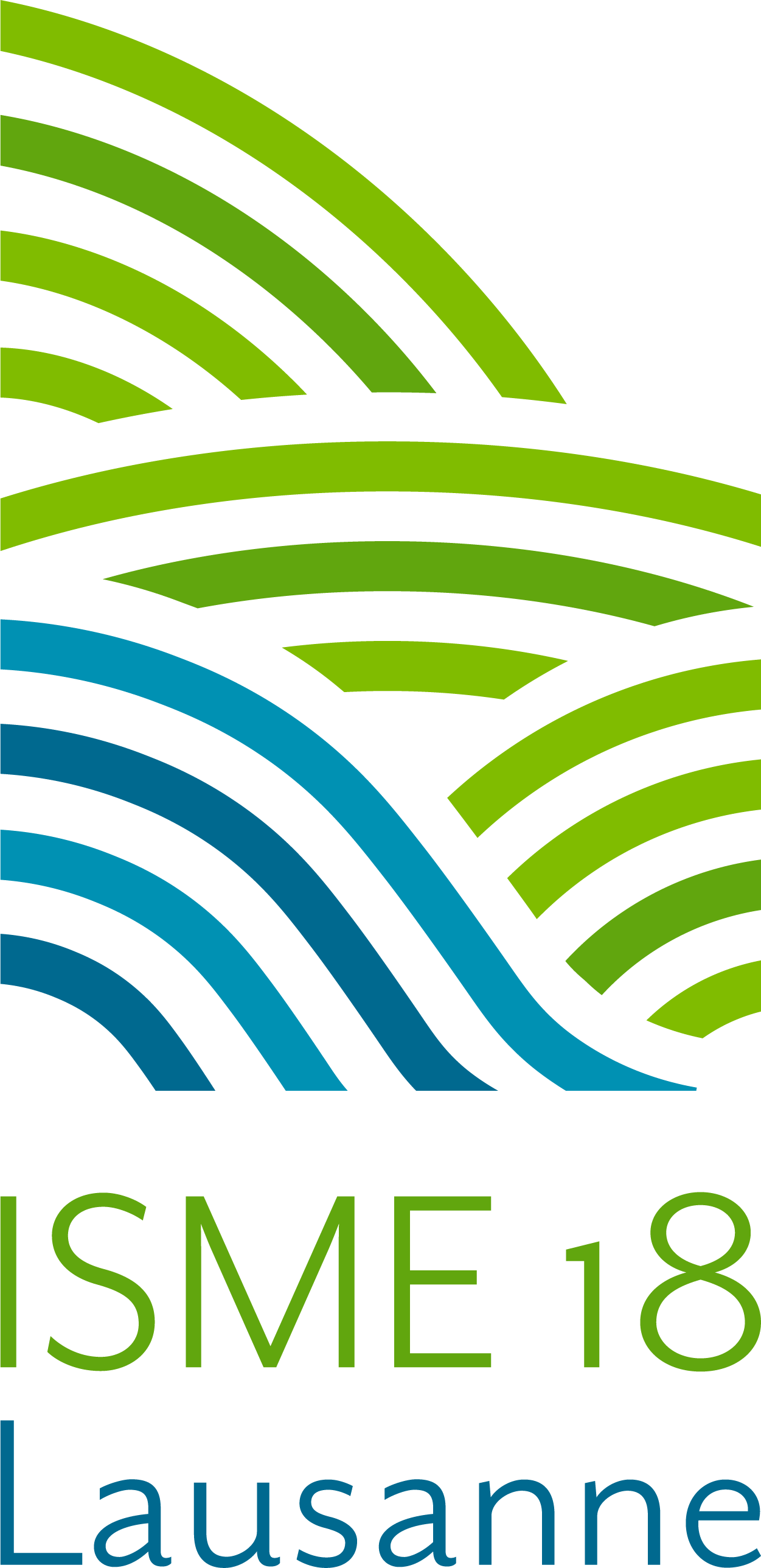The Cadillo Lab in the School of Life Sciences at Arizona State University (Tempe, AZ) is seeking two PhD students tow develop research on the Amazon basin: one position targets trait-based microbial modeling into ecosystem research; and a second one focus on tracing anaerobic methane oxidation rates and organisms in Amazon peatlands. Research in the Cadillo Lab (https://cadillo-lab.asu.edu) examines interdisciplinary subjects related to ecosystems processes, carbon cycling and the role of microbes at different spatial scale
The first PhD position focus on transdisciplinary work in ecosystem analysis and integrative modeling of microbes and methane flux predictions for Amazon peatlands. The incoming PhD student will participate in studies of spatial ecology of methane emission and ecosystem-level flux modeling, integrating trait-based predictions for microbial guilds including decomposers and methane-producing microbes. The student will join a NSF CAREER project including: field work in Spanish and Portuguese-speaking countries, geochemistry studies and strong emphasis on ecosystem modeling. Prior research experience in CH4 modeling, or ecosystem studies is desirable, and any level of microbial ecology is a plus but not strictly required. The student will be expected to demonstrate an ability to work collaboratively, participate in international training, and bridge field and laboratory-based research.
The second PhD position will focus on a collaborative research quantifying the activity and contribution of anaerobic methane oxidation to the annual budget in Amazon peatlands. Research in this program includes isotope tracers and SIP labelling, geomicrobiology assays, molecular ecology, and microbial genomics. The student will be part of a DOE-funded collaborative study team including members from other five US and Peruvian institutions. Prior research experience in environmental microbiology, geochemistry, or isotopic studies is desirable.
Students with appropriate background in either of the following fields: environmental microbiology, methane ecosystem modeling, isotopic geochemistry of greenhouse gases, anaerobic microbiology, or related fields, are encouraged to apply. Students with a record of publication or master’s degree, strong quantitative skills, and appropriate experiences for each opening will be given preference. Start date for graduate studies is Summer or Fall 2021. To express interest in the positions please email Prof Cadillo-Quiroz at hinsby@asu.edu and include 1) a statement of research interests and experience, 2) a CV, and 3) a writing sample, if available.
Candidates are to be considered for admission through either of the following programs: Environmental Life Sciences PhD program, PhD in Microbiology, PhD in Biology, or PhD in Biological Design (see application details and deadlines at: https://sols.asu.edu/degree-programs/graduate and https://sbhse.engineering.asu.edu/biologicaldesignoverview/). PhD application will be requested by December 15 2020. Late applications will be received but evaluation is not guaranteed.
ASU provides a strong research environment through the School of Life Sciences (https://sols.asu.edu), the Global Institute of Sustainability (https://sustainability.asu.edu/), and the Biodesign Institute (https://biodesign.asu.edu/) all which are involved in the Cadillo Lab research.
